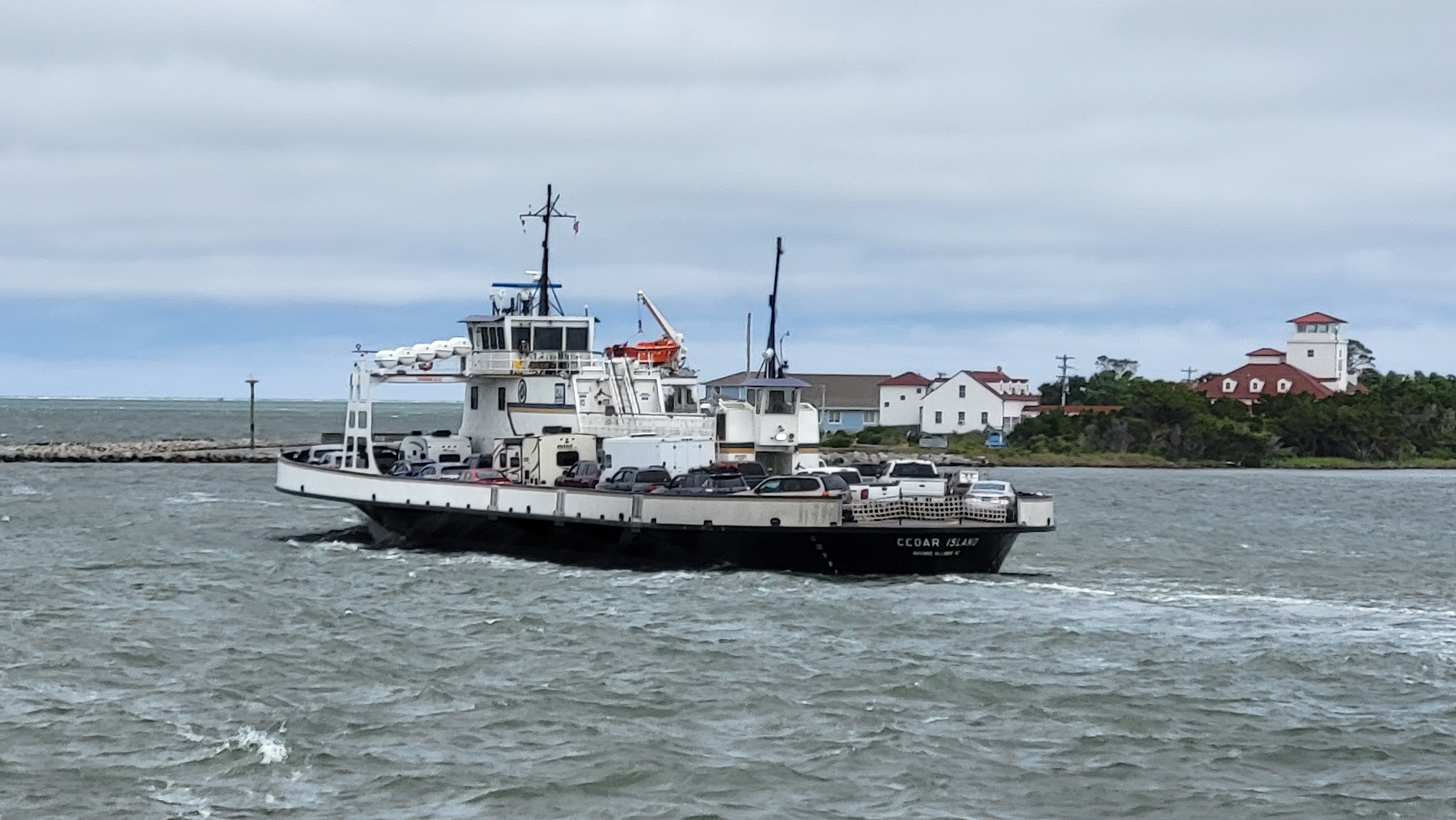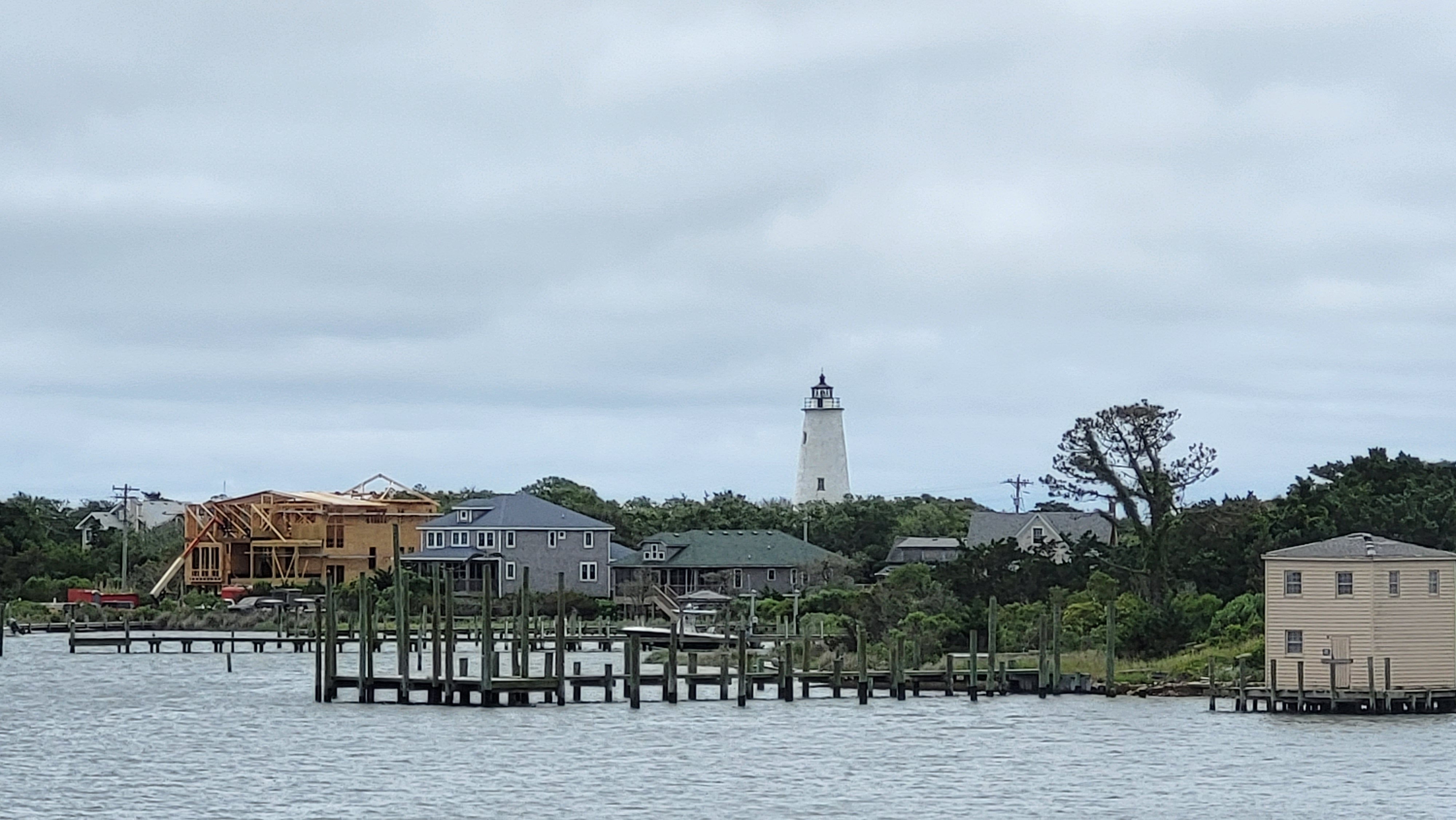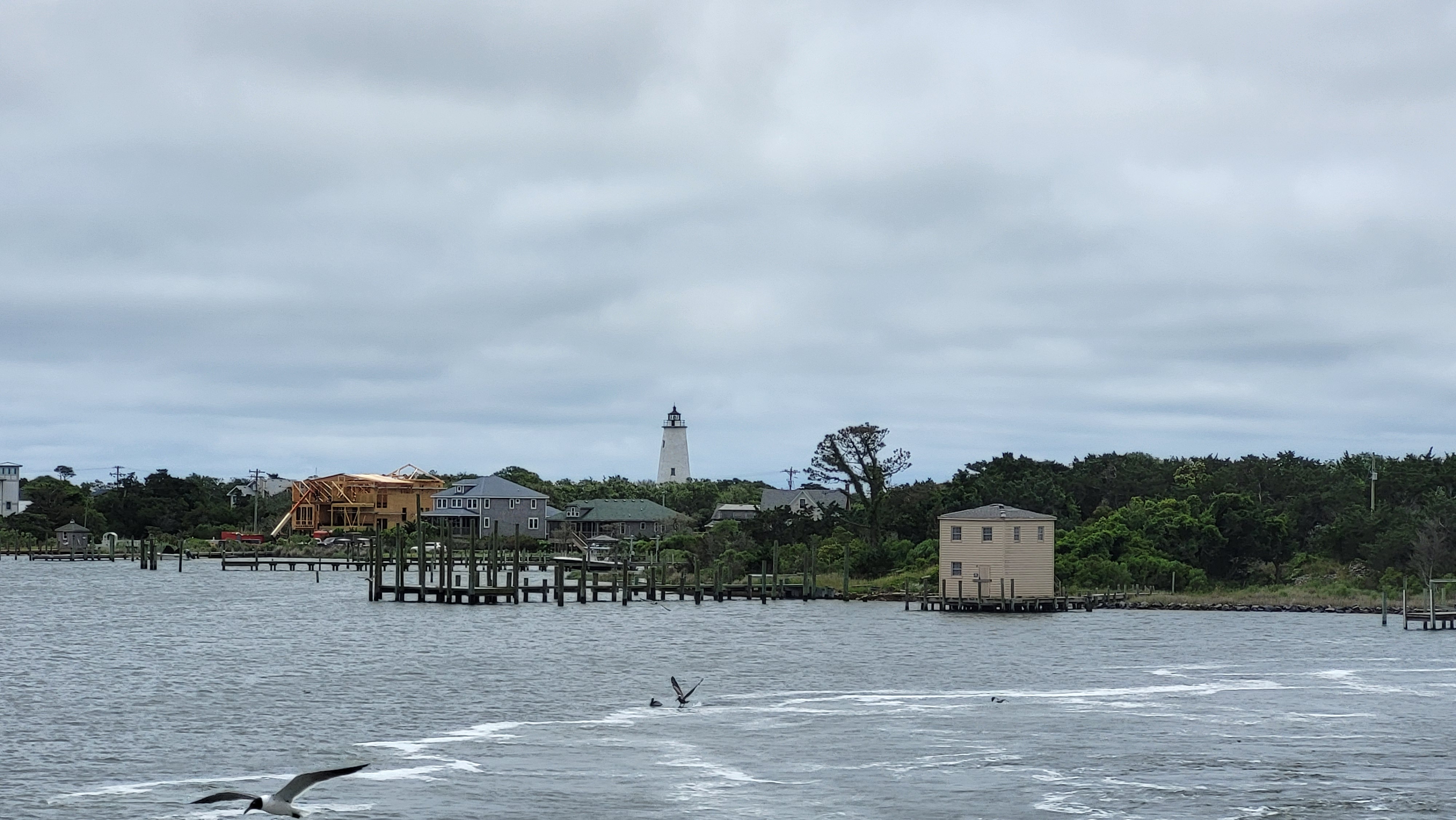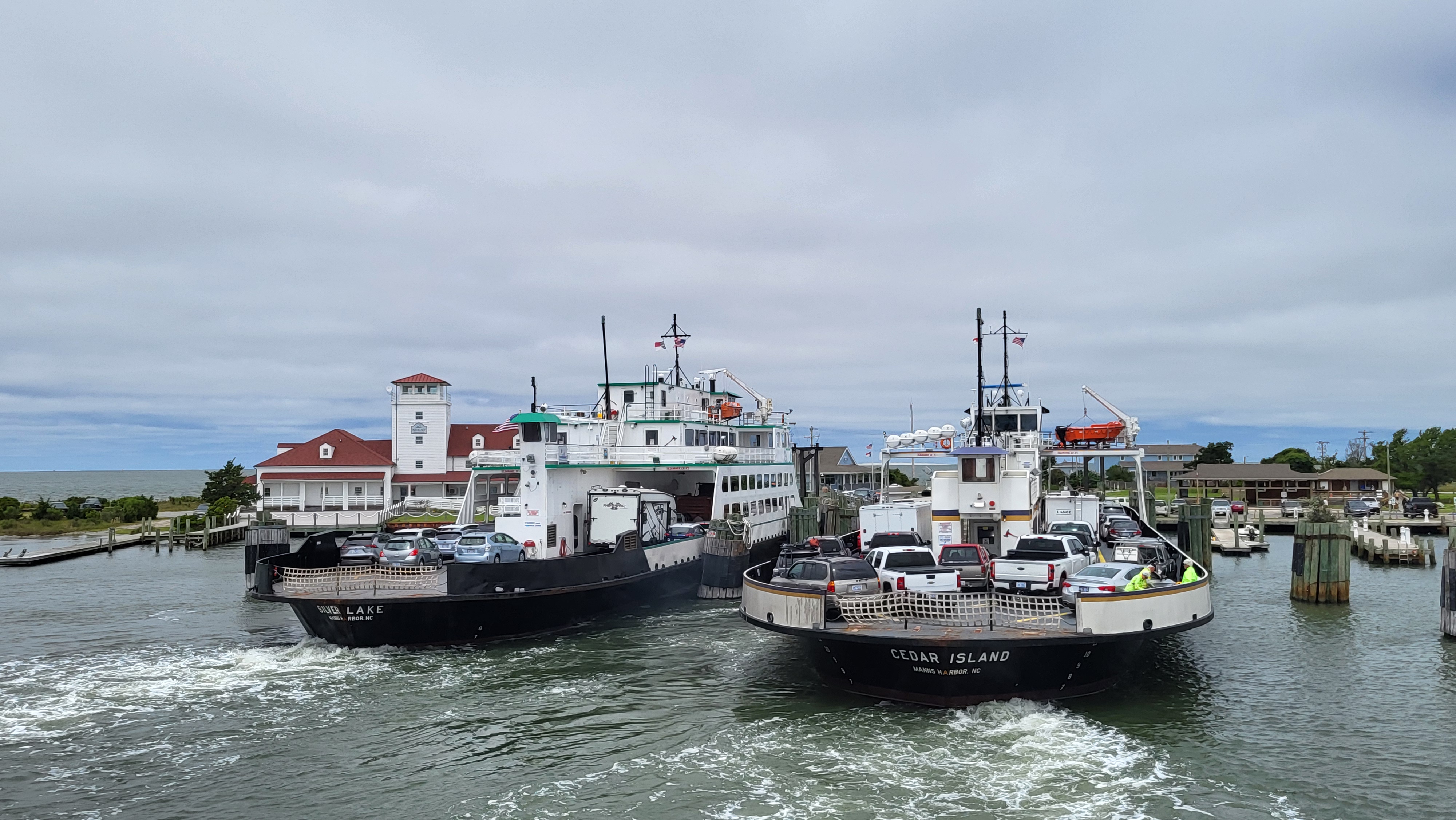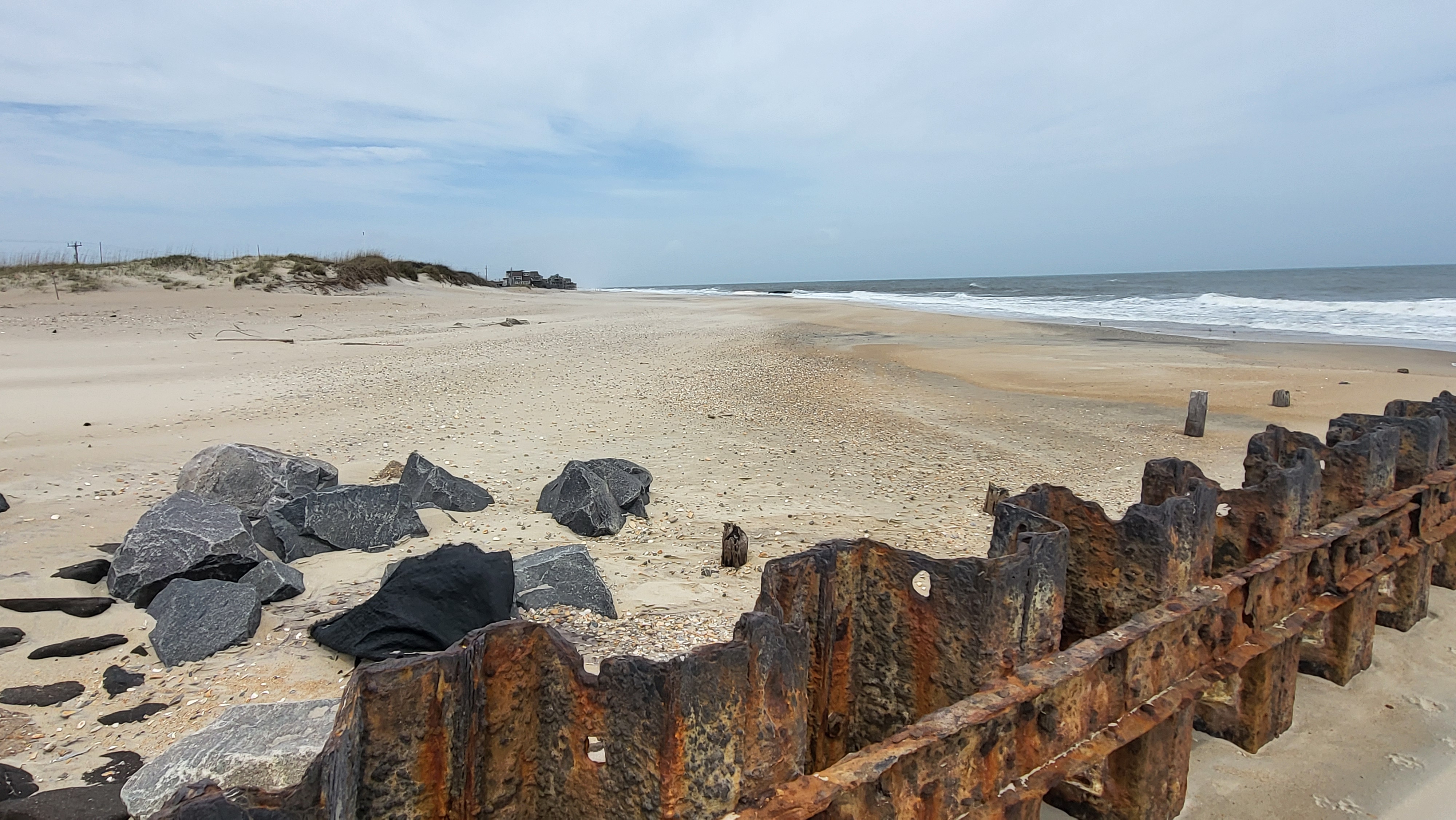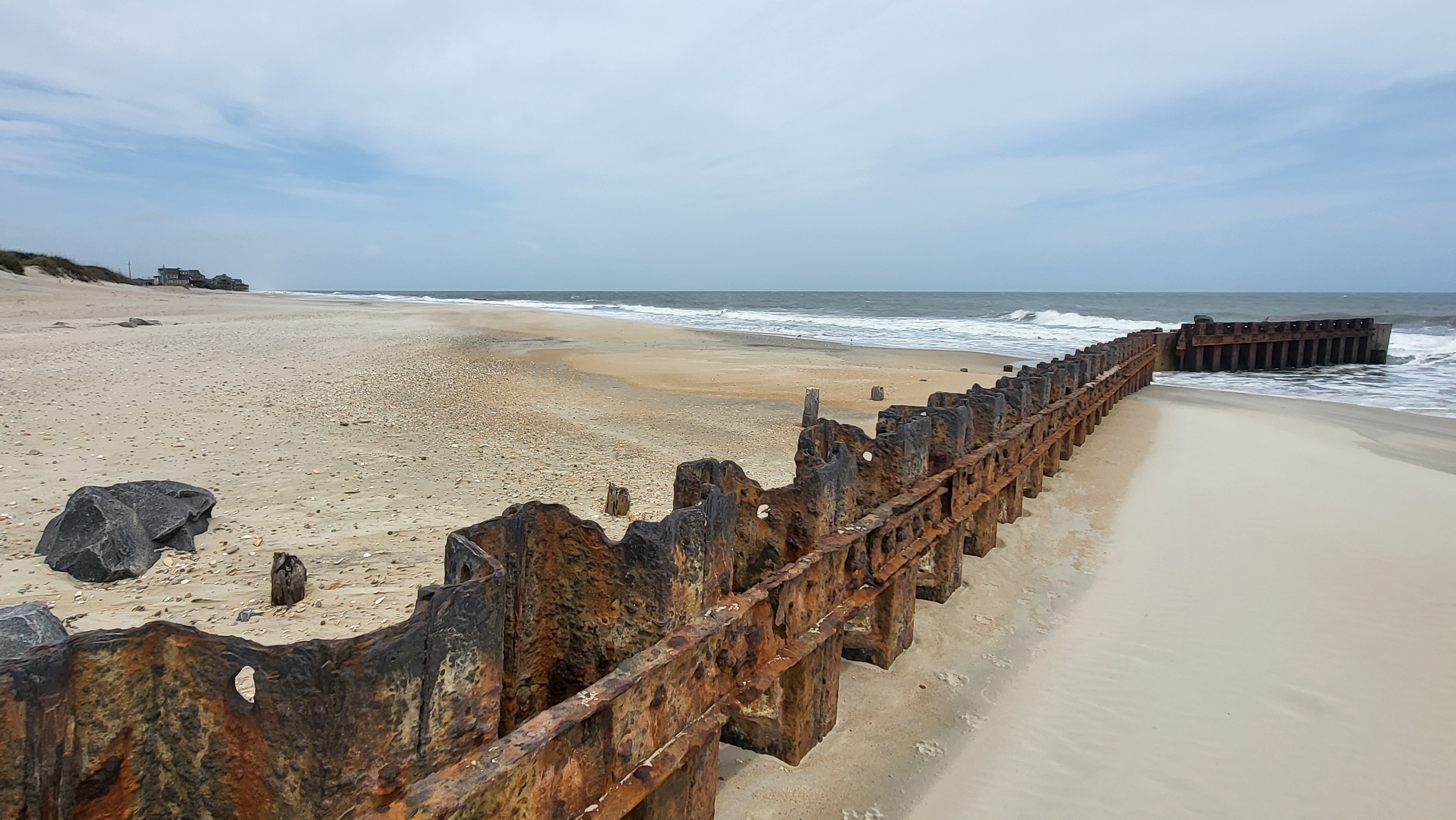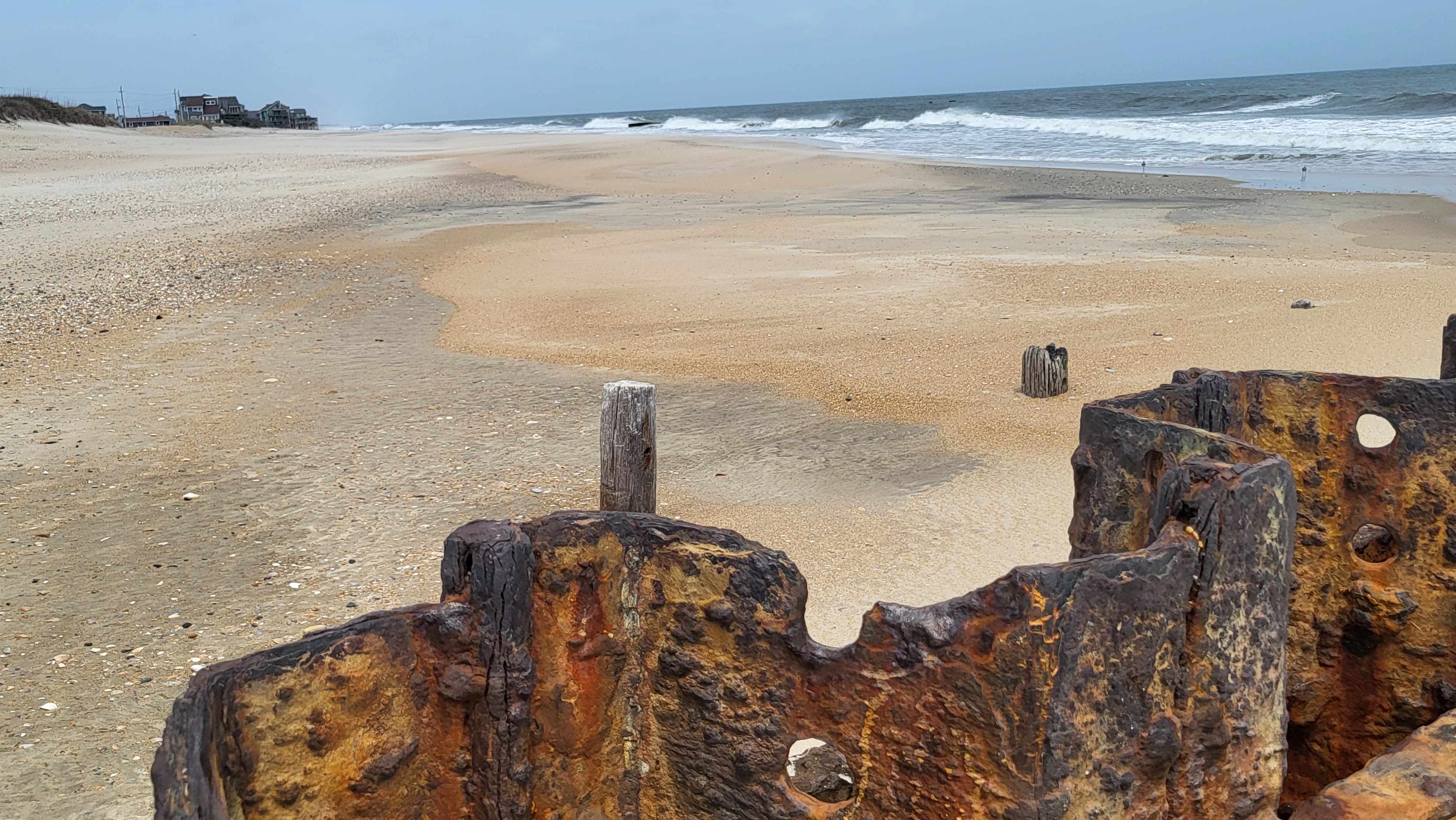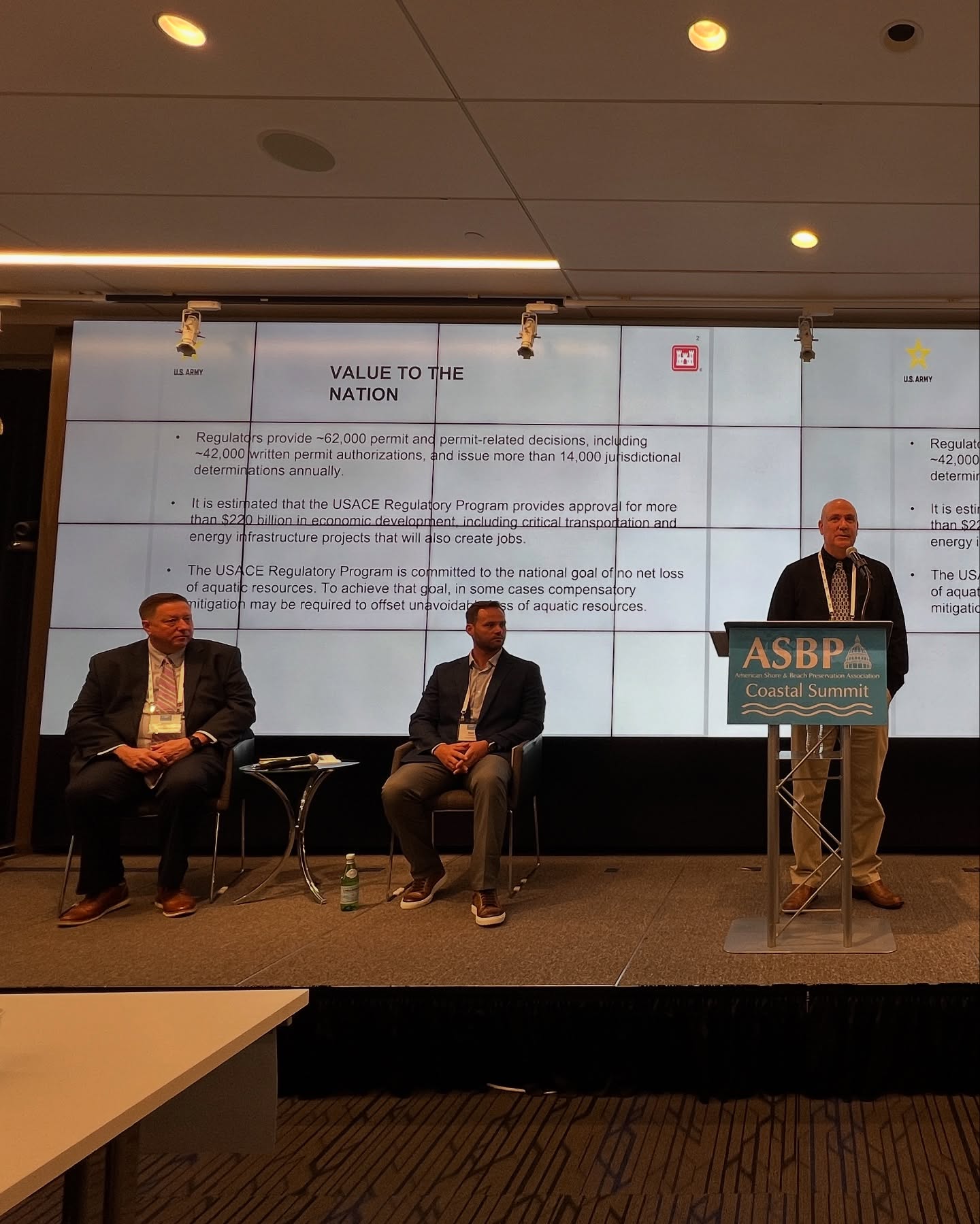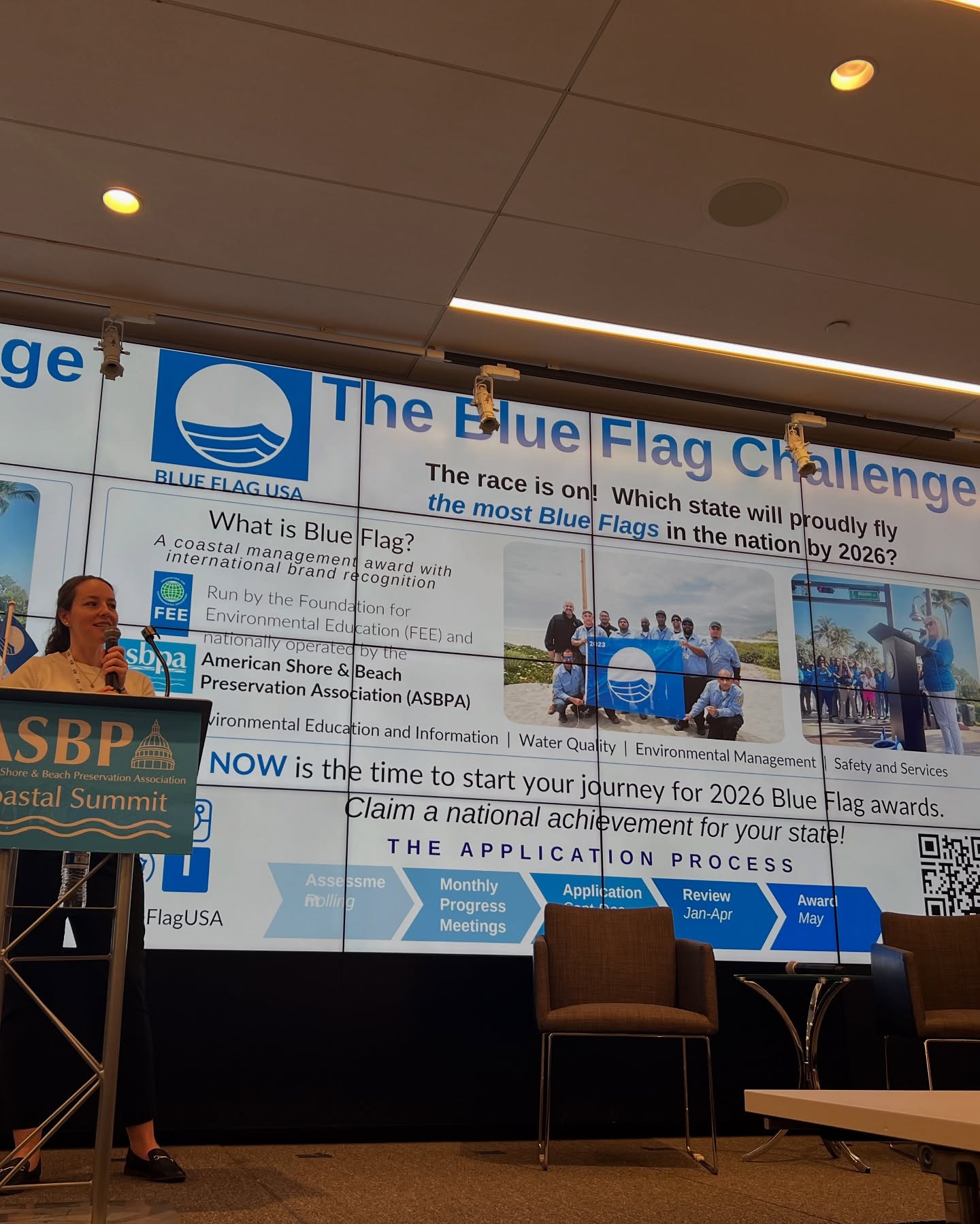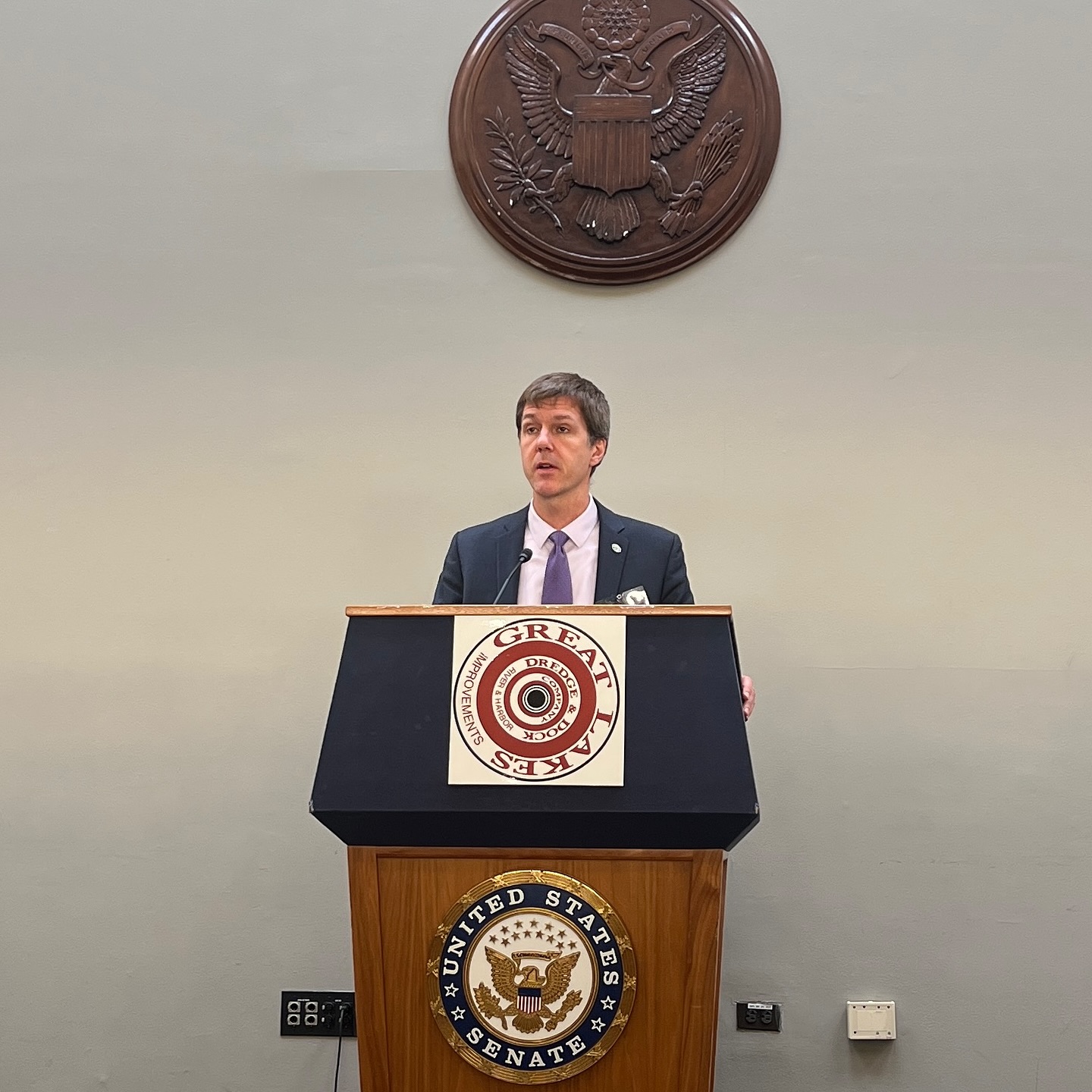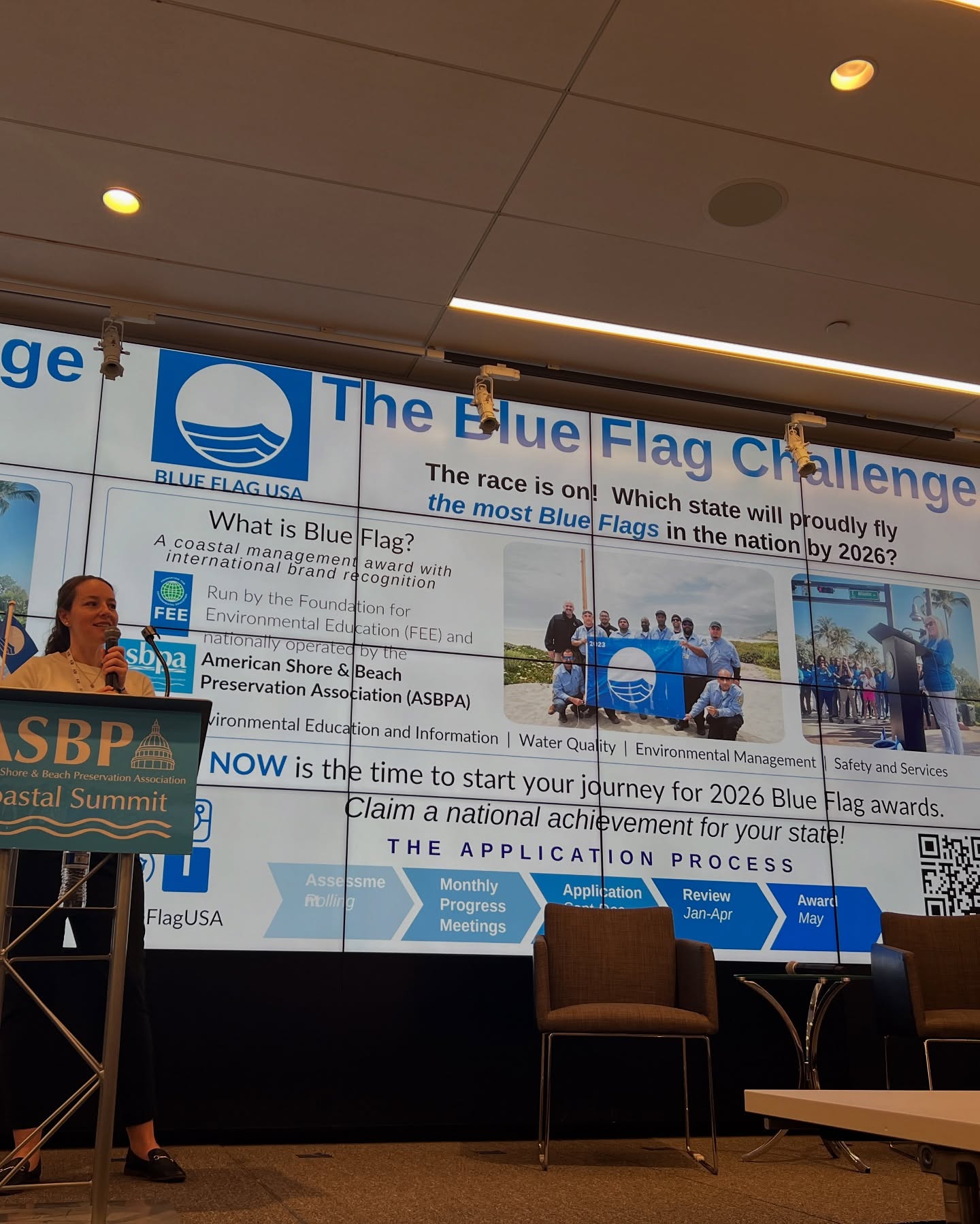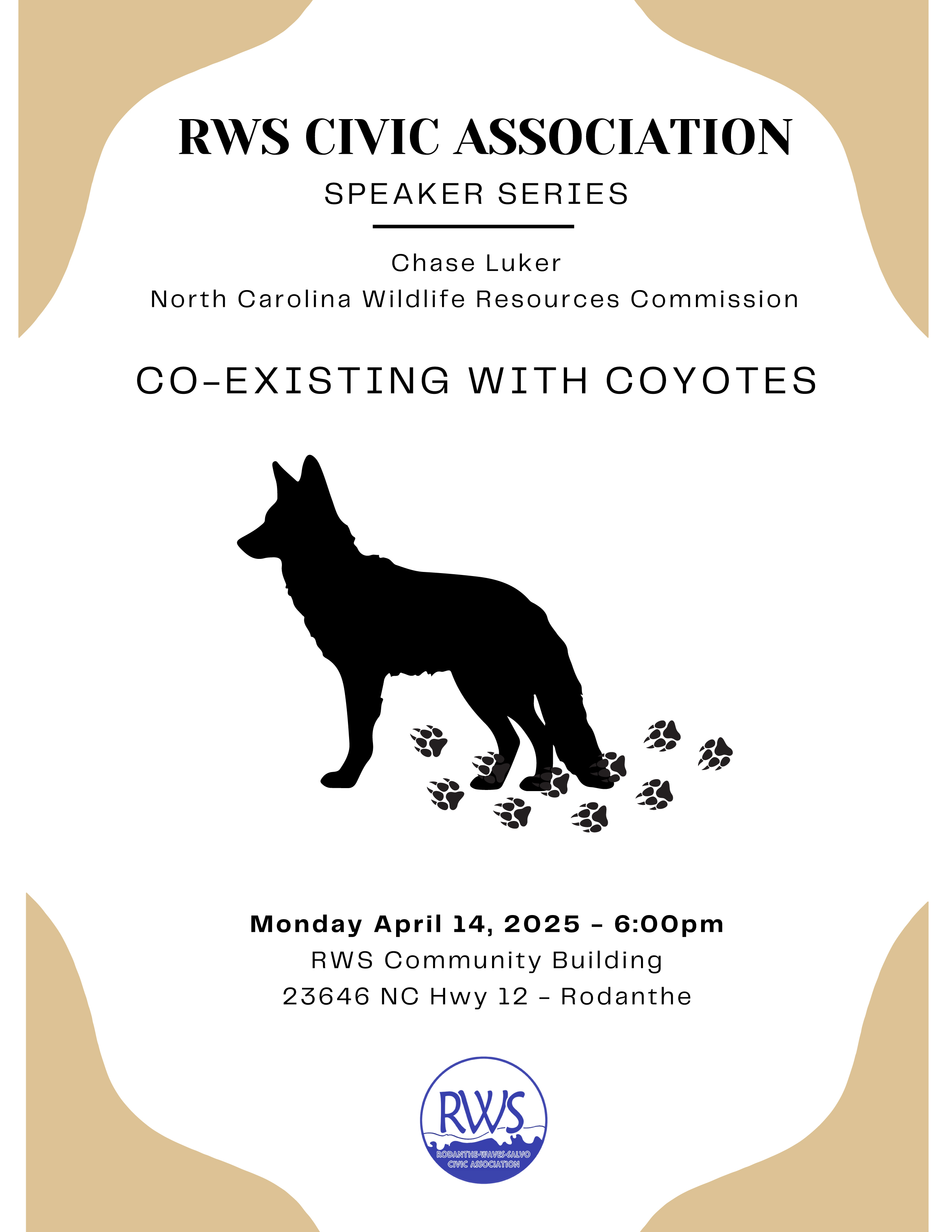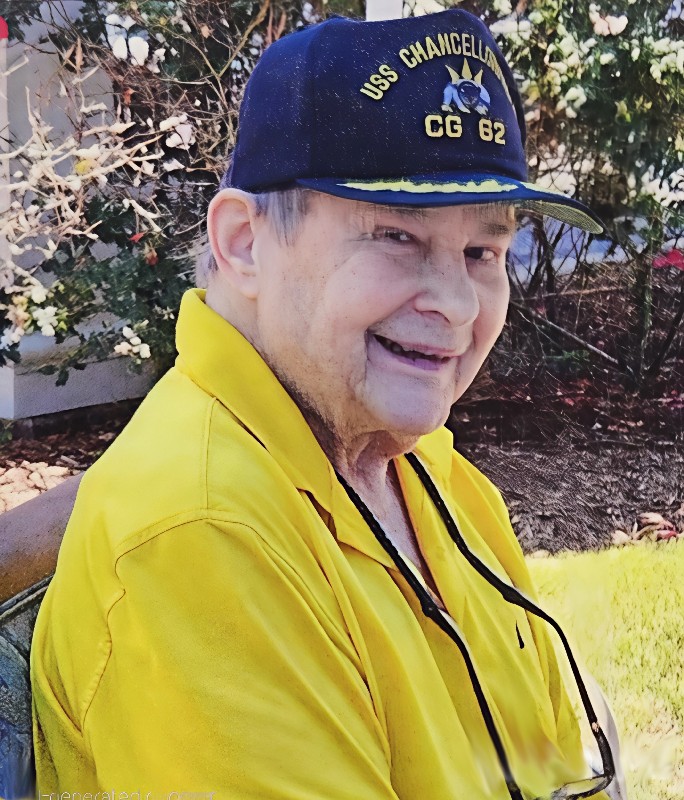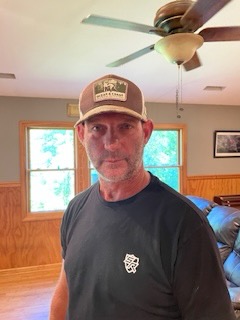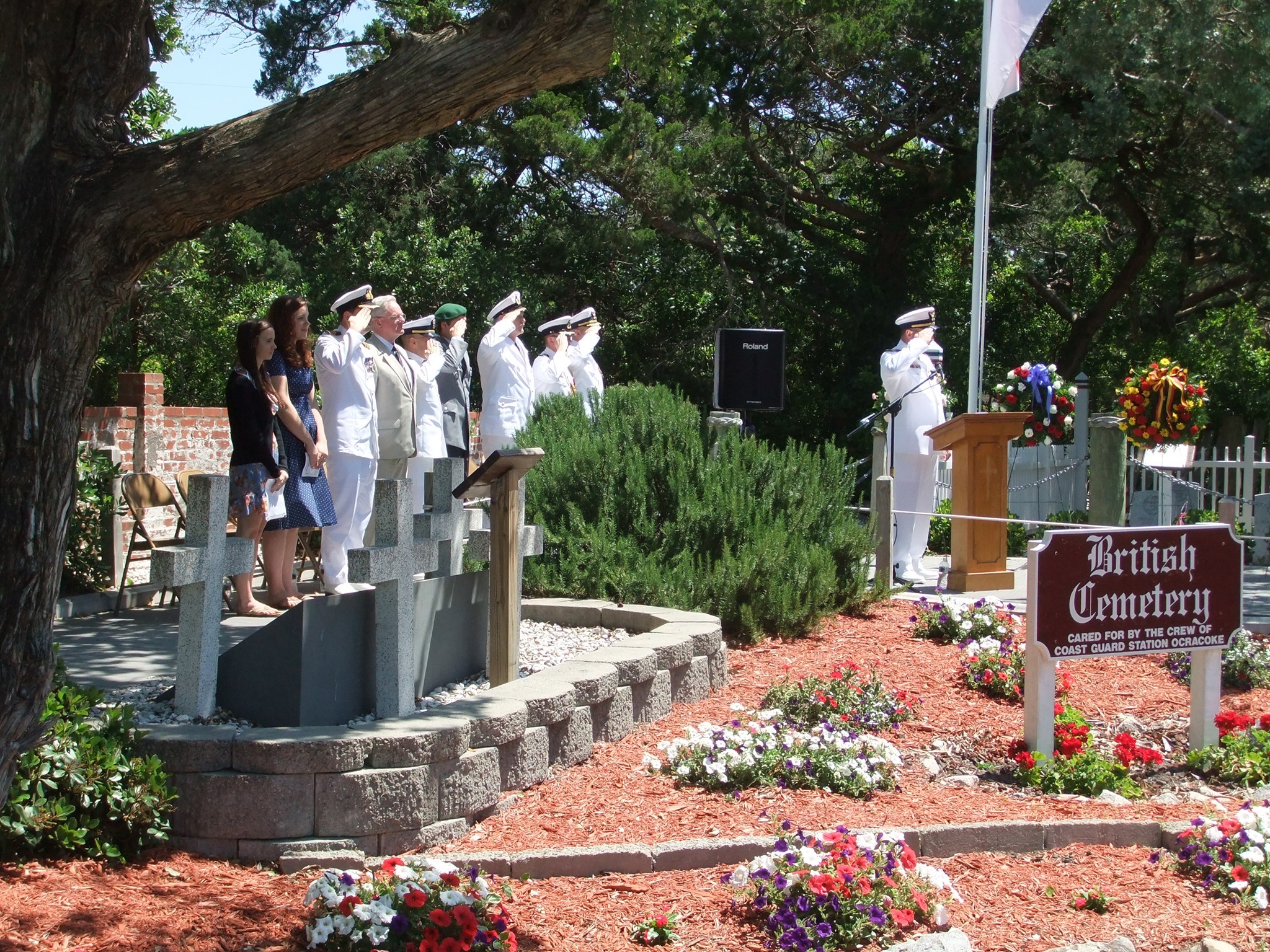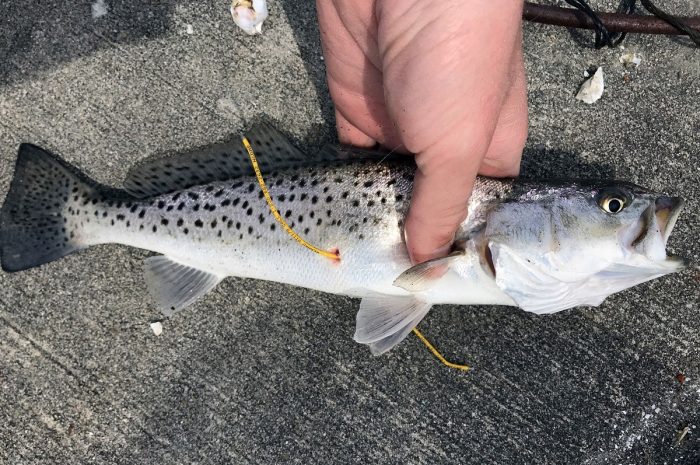Browning cautions on lead poisoned eagles
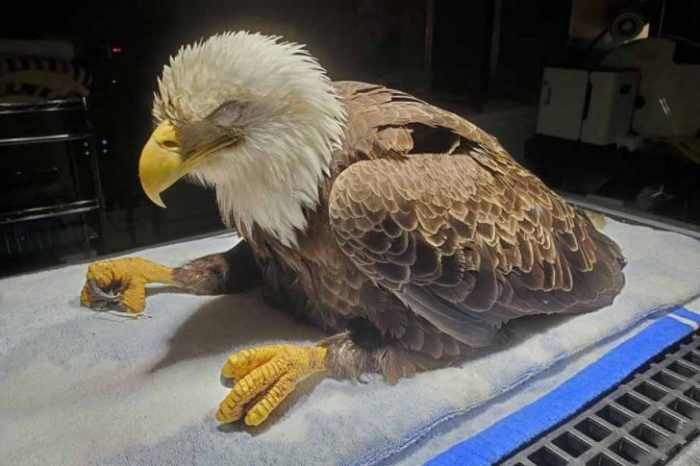
A bald eagle remains in critical condition after being rescued in Camden County on Feb. 9 by Hatteras Island Wildlife Rehabilitation’s Lou Browning. Suffering from lead poisoning as well as dehydration and malnutrition, Browning said the raptor has little chance of survival, but is currently being treated in an ICU chamber at his Hatteras Island clinic.
Browning retrieved the eagle on the bank of a swamp, the spot where it had dragged itself to and remained for several hours while Browning was in route. He told the Voice he had also received a call about two more eagles in trouble on the same day, but he reached out to a Virginia Beach rehabilitator to respond to those birds because of their location north of Carova.
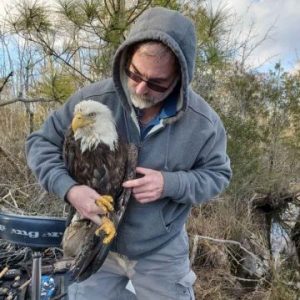
The Camden County rescue marks the ninth eagle already this year that has required rehabilitation in northeastern North Carolina. “We’ve been running all over to get these guys,” asserted Browning, noting that there are several factors that can be attributed to the number of sick or injured birds.
Eagles are currently in the midst of nesting season, which Browning acknowledged can lead to an increase in territorial disputes. “In general, eagle populations are increasing, but their general health is suffering,” he noted, which explains not only why there are more eagle sightings in northeastern North Carolina, but also more eagles in need of care.
Lead poisoning, particularly at this time of year as various hunting seasons in North Carolina come to a close, is also a significant concern with eagles and all raptors, Browning noted. While bald eagles hunt and fish, they also scavenge for an easy meal. “They think it is safe,” Browning said of the birds.
Many of these raptors, when they come for rehabilitation, are found to be suffering from chronic lead poisoning, which can reach critical levels during the early months of the year as a result of ingesting lead from bullet particles in the carcasses of deer, waterfowl and other animals, he explained.
And while lead poisoning may not be what ultimately leads a raptor to require care, high levels of lead have an effect on its neurological abilities, vision and reflexes. The result, Browning said, is that a raptor could be hit by a car or succumb to another bad fate because “the bird isn’t thinking as well and is not as fast to respond to dangers.”
For his part, Browning encourages hunters to use non-poisonous copper bullets. “It’s the simplest and easiest solution,” he asserted, adding that waterfowl hunters are required to use non-lead bullets when hunting over water. Still, Browning noted that lead has been found in wildlife across the state, including ducks, geese and squirrels that likely survived being shot.
He also said that hunters who leave carcasses with lead bullets should dig a hole deep enough for the carcass so that animals can’t dig it up.
As for the eagle he rescued on Feb. 9, Browning said that if its condition improves, it will take at least a week before the bird is strong enough to make the trip to Cape Fear Raptor Center. In that event, Dr. Joni Shimp – an expert when it comes to eagle rehabilitation – can take over its care and recovery.


